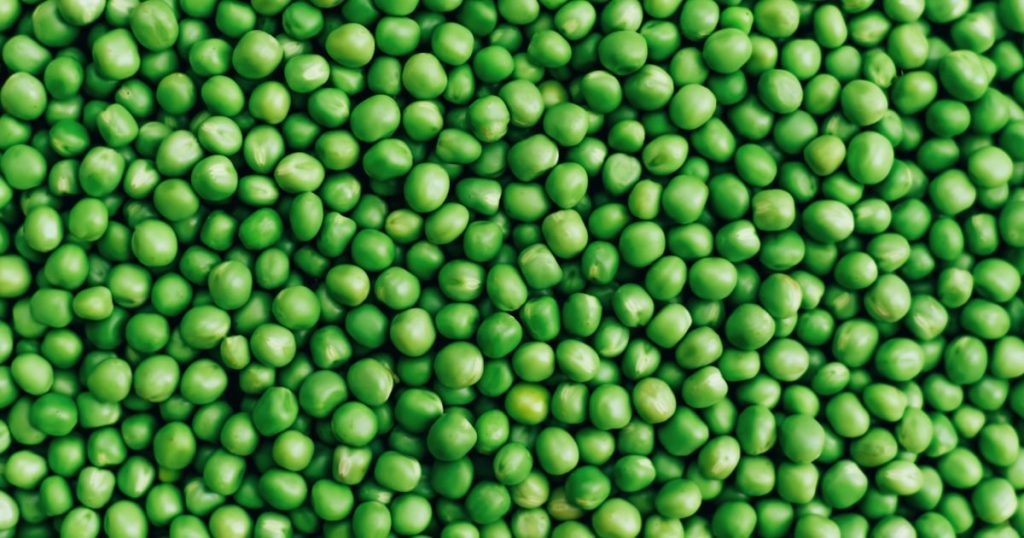Peas are technically legumes, not vegetables, and are packed with nutritional benefits such as being a great source of plant-based protein and fiber. They are also high in vitamins and antioxidants that support overall health. Peas contain both soluble and insoluble fiber, aiding in digestion and feelings of fullness. Some people may experience gas from eating a lot of peas, but cooking them can help mitigate that issue. Peas are also high in protein and fiber, which can contribute to feelings of satiety and aid in weight loss.
In addition to their nutritional benefits, peas are also environmentally friendly to cultivate, making them a sustainable protein choice for those looking to reduce their carbon footprint. Peas also contain a significant amount of iron, which is important for overall health and is not limited to animal sources. Whether you choose to eat frozen, canned, or fresh peas, the nutritional differences will be minimal. Frozen peas are often preferred for retaining nutrients, while canned peas may have added salt and slightly reduced nutrients from the canning process.
Pea protein powder and pea milk are becoming increasingly popular plant-based protein options. Pea protein is rich in essential amino acids and is a good option for people who are allergic or sensitive to whey or soy. Pea milk offers more protein than other plant-based milk substitutes like almond or cashew milk, making it comparable to cow’s milk in terms of protein content. Peas can be incorporated into a variety of dishes, such as salads, soups, stir fry, pasta, and casseroles, to add an extra dose of plant-based protein and fiber to meals.
Overall, peas are a versatile and nutritious food option that can easily be incorporated into a variety of dishes to boost their nutritional content. Their high protein and fiber content can contribute to feelings of fullness and aid in weight loss. Whether you choose frozen, canned, or fresh peas, you can enjoy their numerous health benefits, while also helping to reduce your carbon footprint by selecting a sustainable protein source. Pea protein powder and pea milk are also emerging as popular plant-based alternatives for those looking to increase their protein intake from non-animal sources.


